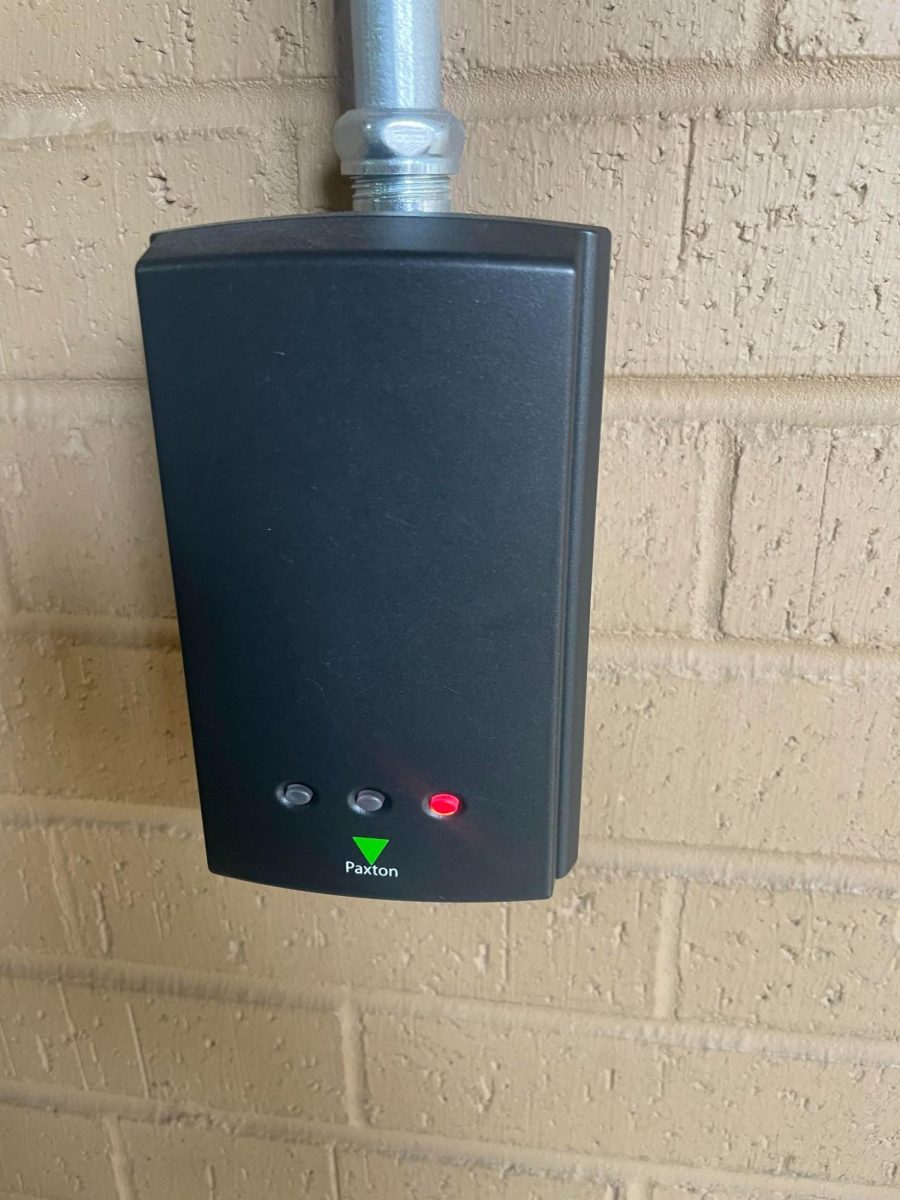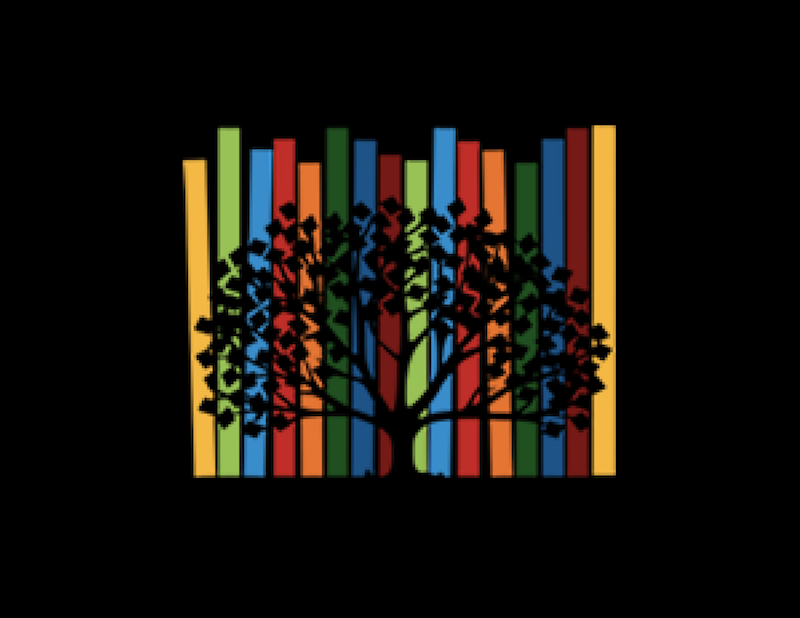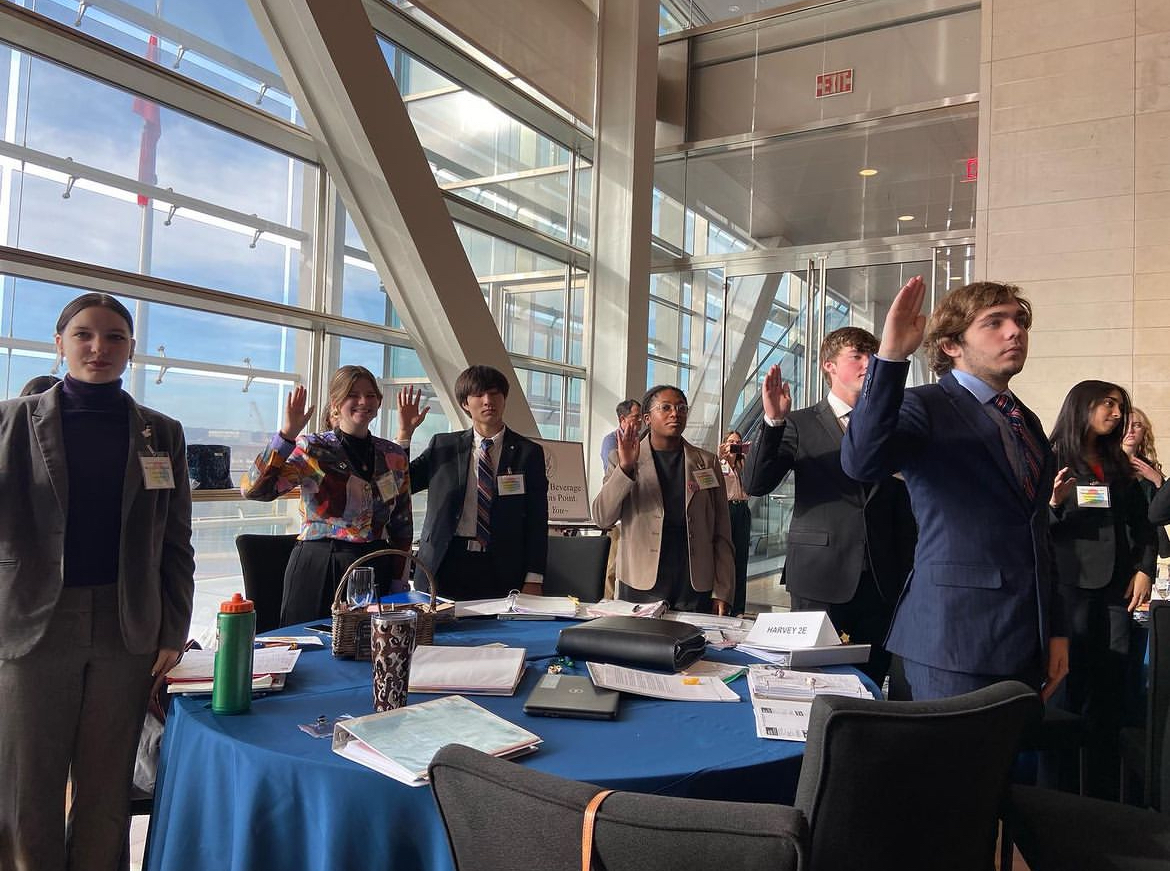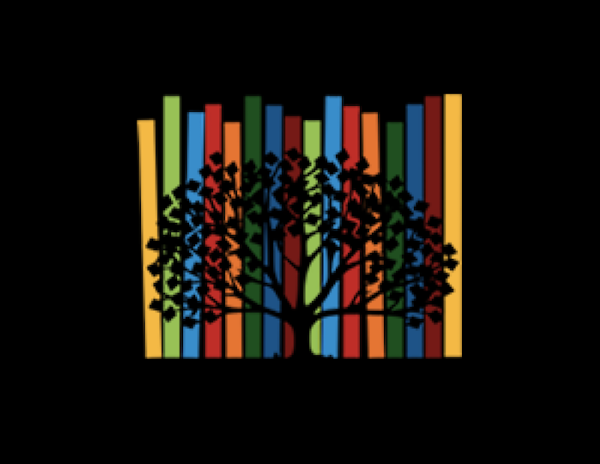Perpetrating Inequality: Garment Factories
Photo from National Museum of American History
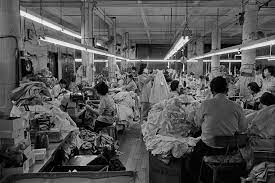
February 20, 2023
Arifa leaves her three children and husband each morning to head to work. Once at work, she is assigned her station and immediately begins sewing the day’s garments. Rushing through each piece of clothing to meet her hourly quota, she is exhausted by noon where she is denied her lunch break and any rest. She works for another eight hours until she has completed a fourteen hour shift. Her back aches, her fingers are numb, her eyes have gone cross from staring at the machine needle moving up and down, up and down. Arifa is finally allowed to leave, so she takes the hour-long bus ride home to her residence in Dhaka, Bangladesh. Arifa has been repeating this cycle seven days a week, 52 weeks a year since she was ten years old. She has found an inhospitable residence in the sweatshops plaguing her country while the robber barons of the world exploit her own home.
Arifa is one of the 35 million women who work under life-threatening conditions in textile sweatshops. As the global market grows and consumers demand products at lower prices, the labor being provided to assemble these garments continues to consist of exploited women within developing countries. Sweatshop labor almost entirely consists of a female workforce, meaning women and young girls are the population facing off against the insatiable demand for cheaper labor and higher levels of production. While women maintaining a source of income will allow them slight independence, the exploitation of women within sweatshops has led to a decrease in gender equality within developing countries and the globalized society.
Since the early days of Dutch, Spanish, and English colonization, many East Asian and African countries have been exploited for their labor and natural resources. Throughout history, the powerful have remained powerful and the weak have remained weak, suffocating under the oppressive thumb of the Wealthy Man’s nation. The Dutch originally gathered spices from the East Indies and capitalized on this trade, and this pattern has continued. Instead of forcing Indonesian men and women to harvest cinnamon and cloves, Dutch owned clothing brands now force Indonesian women to work under extremely inhumane conditions in order to line the pockets of the wealthy. Even as many developing nations have created advanced governmental systems and attempted to kickstart their national economies, the looming presence of Western businessmen will always remain and stand in opposition. Within Indonesia alone, 5.2 million women work in the textile industry- subject to the horrid realities of an industry that will never care about their wellbeing. This work force, composed of lower-class women, is a main source of income for many families, but the mothers, sisters, and daughters all suffer at the hands of the wealthy few.
Indonesia is not the only place where the roots of colonization have branched into a modern foothold within the exploitative textile industry; in fact, there is no more prominent example than India. In the 1500s, British explorers colonized India and began growing cotton, which proved to be an extremely lucrative undertaking. The textile industry within India boomed, fattening the pockets of British officials and businessmen, all the while forcing families off their small farms and into industrial cities as the centuries continued.
The colonization of the Asian world by European powers displays a sense of continuity. India is still a large producer of cotton, and, therefore, remains a major resource for world powers. Although India shred its tattered clothing of colonial rule under Mahatma Gandhi, they still remain extremely dependent on global industry to fuel their economy as they do not maintain a crucial natural resource such as oil. The complicated history of India’s relations with the West has culminated in 12.9 million women working in garment sweatshops and millions more Indian citizens working in foreign owned factories for little pay and under inhumane conditions.
“They slap us and call us dogs and donkeys,’ says an Indian woman who works at a textile factory. Indian sweatshops, like most throughout the world, expose women to both verbal and physical abuse. The extensive, impossible quotas women are set to meet perpetuate a cycle of punishment and harm for these women when they, inevitably, are not able to complete the unfeasible standard set by higher-ups, sitting in sleek offices overlooking the skylines of New York and Chicago..
The women facing the horrors of sweatshops in India and Indonesia are not alone. In a global study performed by Cornell University, it was found that 150 countries house sweatshops which utilize the labor of both children and women. The abuse, low wages, and poor working conditions are not independent events either. Within sweatshops, there is an inherent mistreatment due to the nature of low-wage labor. Sweatshops demand beyond human results, and when their workers are not able to perform as pure machines, they are inevitably punished.
Sweatshops decrease the ability for women to be fairly treated within the global economy and their own communities because they worsen what is seen as acceptable treatment of women by society. The large textile corporations are allowed to treat women extremely poorly, and this normalizes the attitude that women are just a faceless set of hands that are only in service of The Man and His men..
The attitudes cultivated from the precedents set by the poor treatment of women in sweatshops carries over into the economic, social, and political aspects of their lives. Due to the negative attitudes abusive sweatshop environments manufacture towards women, they face highly normalized physical and verbal abuse from both their male family members and strangers. The abusive attitudes that sweatshops normalize must be dismantled, which would give women the opportunity to achieve equal social status to men within developing countries.
Within America, it is the duty of those who consume products from these nations to protect the women manufacturing the goods. America has continued to perpetuate the use of cheap labor, and it is time for a much overdue change. As America continues to profit off the backs of exploited women within developing nations, it is up to those who desire a more equal world for women to change that. Within the United States, women have finally begun holding a relatively equal social, economic, and political status to men, and America should promote that practice not only within their own borders, but all over the world. The American government has provided initiatives pushing for gender equality, but they continue to support countries which allow the daily abuse and exploitation of women.
America cannot simply hide behind its shield of the 19th Amendment and continue parroting equal rights when they assist in the perpetuation of women’s abuse. The globalized economy has progressed in a way that truly connects each individual worker to the rest of the world – meaning the United States has sizable influence on the working conditions of women across the globe. This influence is currently being utilized to wield the weapons of oppression against women who do not have the resources to stand against their oppressors.
The great power America holds on the global stage is available to be utilized in many different ways — America has the ability to oppress women but also freethem from the historical chains of colonization. Women continue to remain colonized, but in the twenty first century, it is not directly by the world powers. Instead, these women are colonized by the oppressive structures of international textile corporations, the United States being a continuous perpetrator.
If the United States wishes to remedy the situation of women’s oppression within developing countries, it must pass legislation promoting the fair, equal treatment of women working in the textile industry. The United States Congress must hold large businesses accountable in their perpetuation of women’s inequality.
The United States must propose and pass legislation which limits the influence American businesses have upon sweatshops which exploit women and perpetuate inequality. Sweatshops are never going to be abolished, and America cannot operate under the assumption that they will be. Sweatshops do provide women with the opportunity to help financially support themselves, but the conditions in which these women work are neither sustainable nor beneficial for these women’s lives. The salary these women are paid is entirely too low for them to live on, and they face constant ridicule and abuse each day.
The United States must pressure large businesses to take accountability for their actions and begin paying women in textile factories livable wages and abolish the workplace abuse these women face. When the workplace conditions within sweatshops finally become non-exploitative, this will decrease the inequality women within the developing world face. These women will be paid livable wages for working in textile factories, and this will allow them the opportunity to support themselves if their living situation is abusive. Furthermore, when workplace abuse is not normalized, this will decrease the normalization of abuse within women’s daily lives as well.
Throughout the complicated history of worldwide colonization, women have been oppressed under the thumb of exploitation. Throughout this history, women have continued to be abused in the workplace environment, from cutting rice to sewing a garment together. It is the duty of the United States to promote non-exploitative business practices, leading the women within developing countries to a more equal environment.







